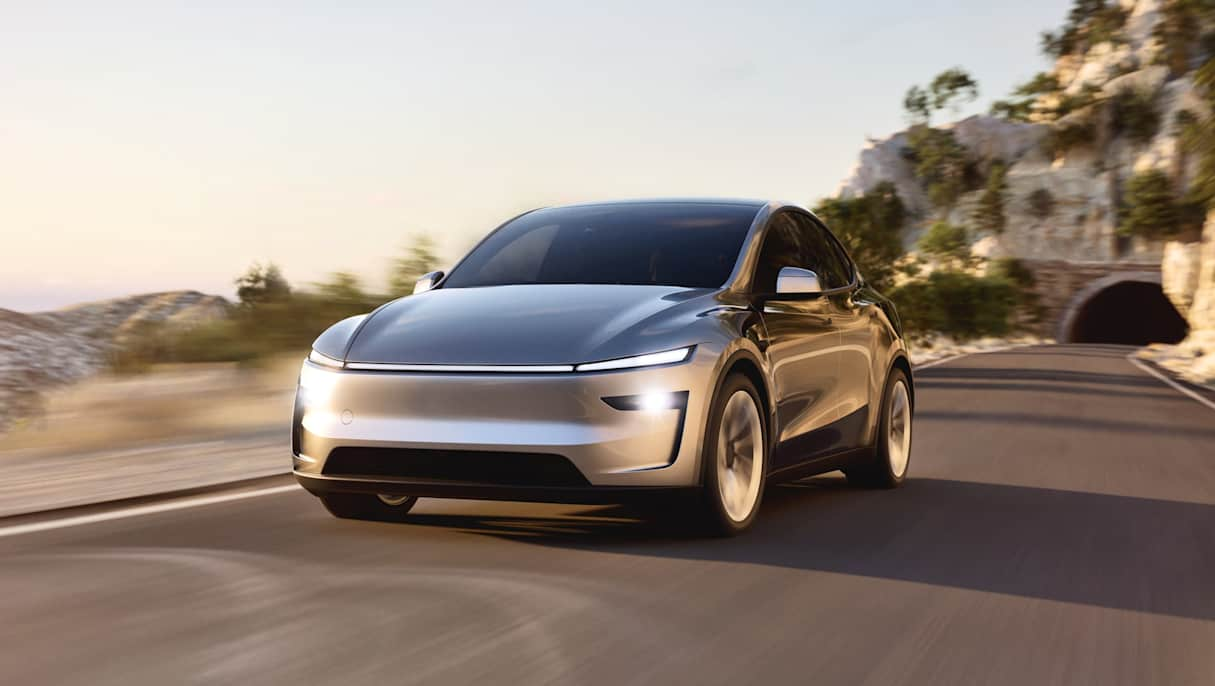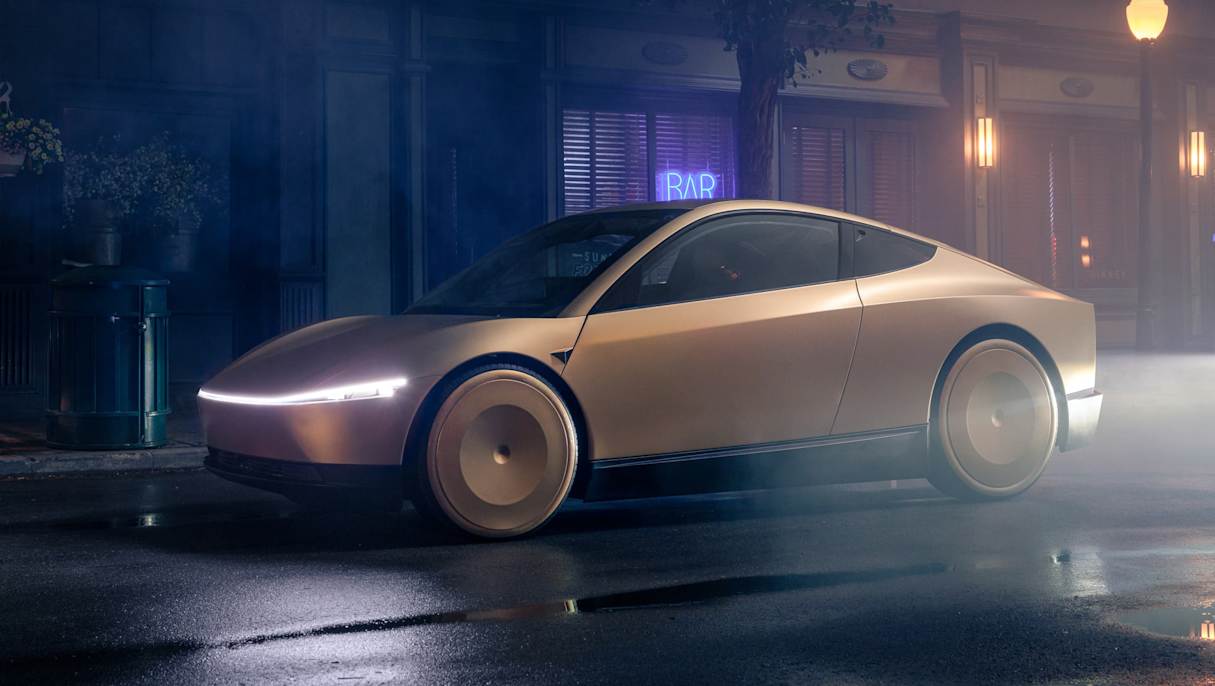As rivals bring in low cost electric options, there is one brand that remains absent: Tesla.
Despite the Tesla Model Y remaining the most popular electric car in the country, its sales have been sliding since the second half of 2024 as the electric SUV segment has swelled with cut-price Chinese entries from BYD, Deepal, Leapmotor and Xpeng.
The same can be said for the global market where Tesla recorded its first-ever decline in annual deliveries in 2024.
It closed out the year with roughly 25,000 more EV sales than BYD to only just claim the title of the world's best-selling EV brand. On the current trend, though, that result could very well be the inverse by the time this quarter’s results are released.
Tesla might be hoping a refreshed Model Y will stop the bleeding, but with a steeper price tag of at least $7500 locally and the antics of CEO Elon Musk turning many current and prospective owners off the brand, it appears Tesla may need a little more than favourable treatment from the Trump administration to boost sales.
So, where is Tesla’s long-awaited cut-price EV?
Now, more than ever, it would appear the brand needs a budget model to spur sales, particularly as BYD flexes its industrial might with a seemingly endless pipeline of products that includes new, cheaper entry-level Essential grades across its EV range.

Tesla, on the other hand, is yet to deliver a significant change to its current line-up since 2023 when it launched the polarising Cybertruck model. Even then, though, the Cybertruck remains confined to the North American market, where it sells in relatively low volume.
A budget Tesla EV is not a new concept. Elon Musk has been talking about a proposed sub-USD$25,000 ($40,000) model since at least 2020.
At last October’s ‘We, Robot’ event Musk confirmed once again that one was coming, this time as early as the first half of 2025. And yet, no details have been leaked since.
Either Tesla runs an incredibly tight ship or the public has been misled once again.
With Tesla now trading at 125 times its earnings on the US stock market (for comparison, GM trades at five times) off the back of investors flocking to the electric car brand, which they now believe will gain preferential treatment under President Trump, it may be that Tesla believes a budget EV is simply no longer needed.

In the US (Tesla’s largest market), 100 per cent tariffs on Chinese-made EVs mean it isn’t being undercut by Chinese rivals as it is in Australia, which only accounts for a fraction of its global sales.
Similarly in Europe, tariffs of up to 35.3 per cent on Chinese EVs, including a 17 per cent tariff on BYD, plus a blanket 10 per cent tariff on all imported vehicles, means Tesla is already at a significant leg up over its Chinese competitors in terms of price.
The Model Y – Europe's most popular EV – is built in Germany for the European market, meaning it is exempt from tariffs, while the Chinese-made Model 3 gets a reduced tariff of 7.8 per cent (that still hasn't prevented Tesla from challenging the EU in court).
In China, its second-largest market, low production costs mean its Model 3 and Model Y are still priced competitively with their BYD equivalents.
The new Model Y, for example, is priced at 236,000 Yuan ($52,000) in China, $3500 less than what the pre-facelift version cost in Australia and at least $11,400 less than what the updated model will cost locally.

It could be that instead of a budget model Tesla is diverting all of its attention to automation, with Trump poised to pull the legislative levers on the self-driving technology that Tesla is currently developing, as per Reuters.
Production of the brand’s fully-automated Cybercab is scheduled to commence from next year, and once again, a price tag of sub-USD$25,000 ($40,000) was floated by Musk at Tesla’s We, Robot event.
Musk has also floated the possibility of prospective Cybercab owners being able to lease out their vehicles through Tesla when they're are not using them, which would theoretically bring down the cost of ownership considerably and alleviate many of the concerns consumers have about getting their monies worth with an EV purchase.
Perhaps Tesla is already ahead of the curve in developing a budget, self-driving EV, while its competitors fight over how to produce a conventional one.





.jpg)

.jpg)


_0.jpg)
 (1).jpg)

.jpg)
.jpg)


.jpg)
.jpg)
_0.jpg)


.jpg)

.jpg)
.jpg)



